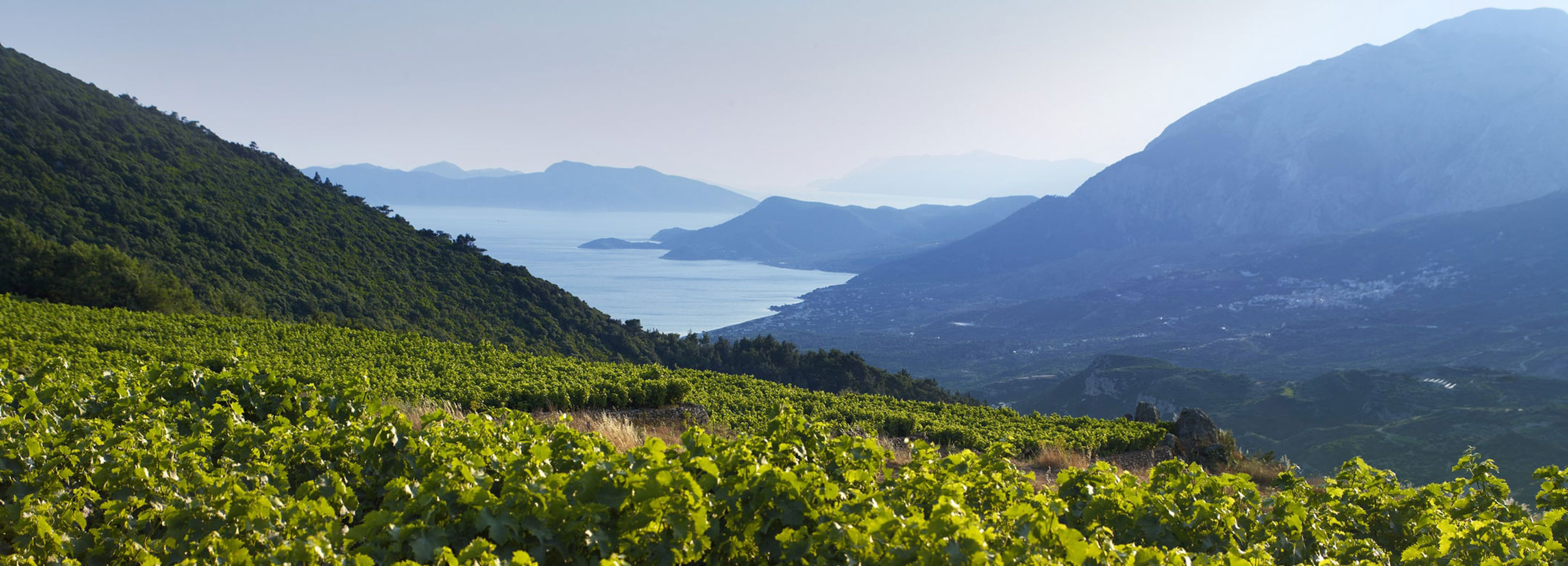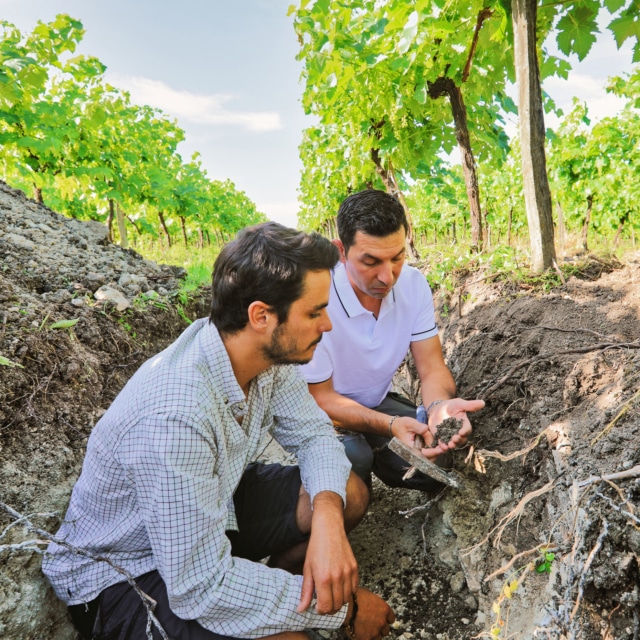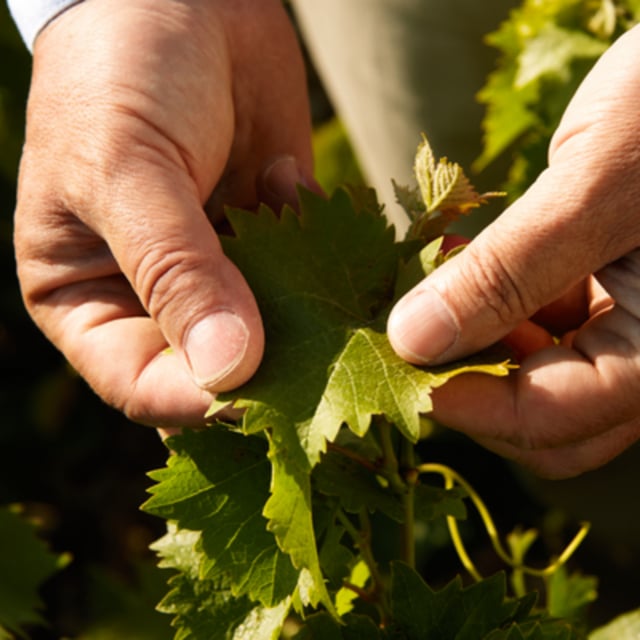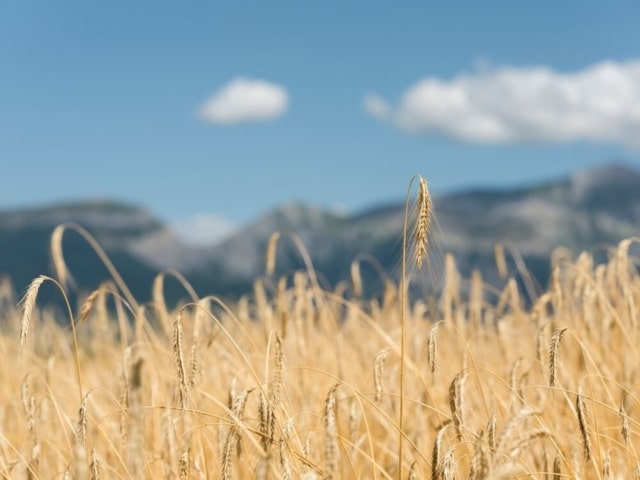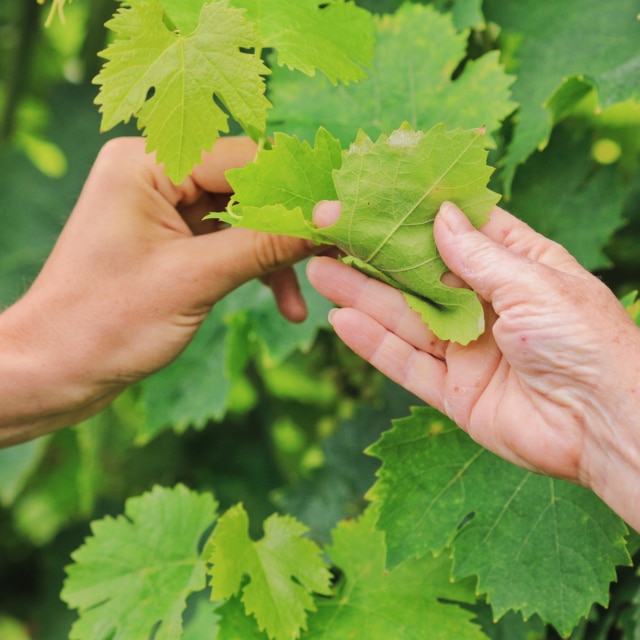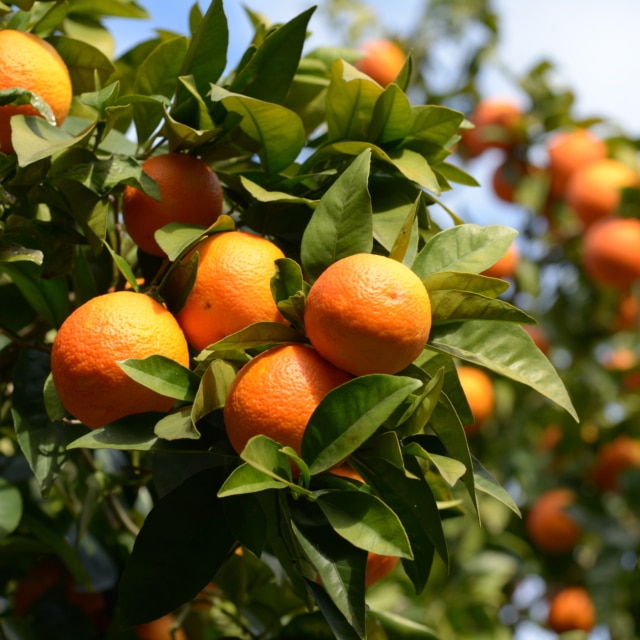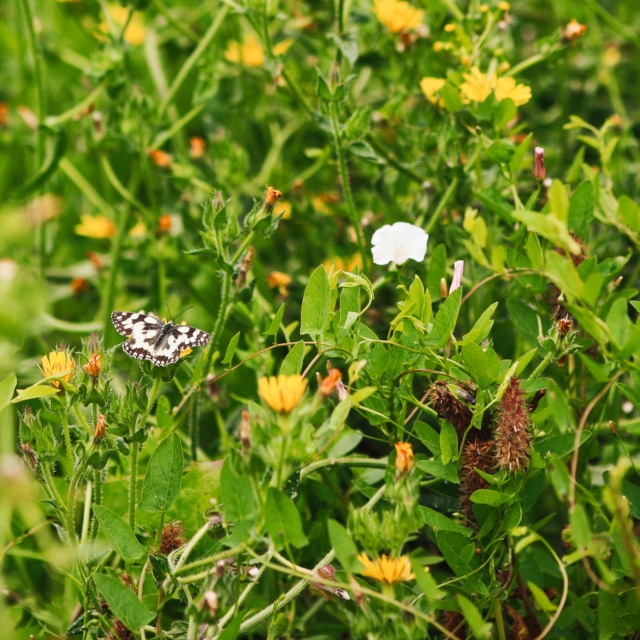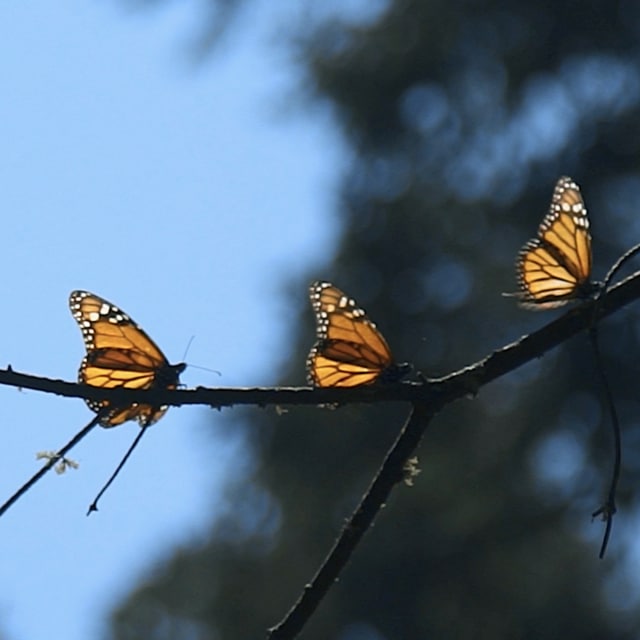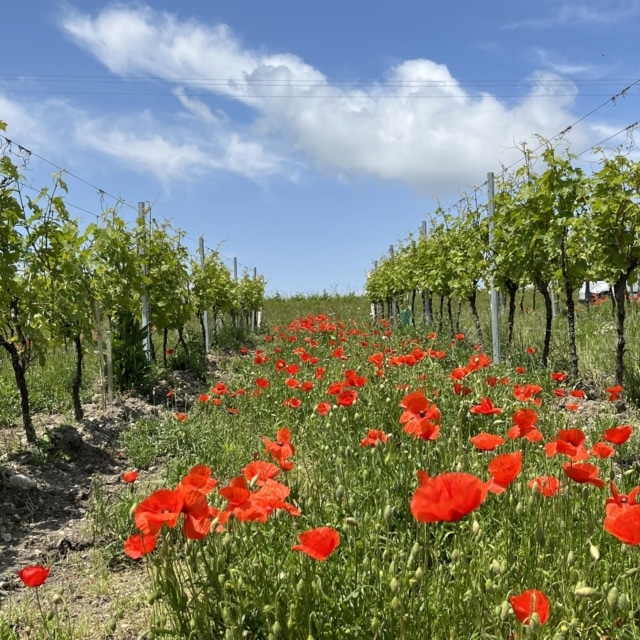Preserving our terroir
Sustainable Exception
Each product we make is an expression of our terroirs: a particular soil, a unique climate, specific biodiversity. We are actively committed to preserving these fragile ecosystems and passing on our know-how,
developed through the generations.
Climate has always been a leading protagonist in the history of our terroirs; global warming is the latest challenge, prompting us to adapt to deal with growing climate impacts, such as extreme weather events and changing seasonal patterns. That is why we are taking steps, on our estates and with our partners, to introduce agroecological practices, develop resistant varieties to protect our raw materials and onboard precision technologies to promote more sustainable agriculture and viticulture.
This is the ambition of our “New Generation Terroirs” initiative.
1/ Speeding up local transition to agroecology

We are now nearly ten years into our agricultural transition, which has entailed encouraging our Maisons to gain certification of their supplies.
That said, we felt it was important to go even further, by steering them towards regenerative agricultural practices that positively impact carbon levels, water resources and biodiversity, key to building more resilient terroirs.
All of our estates are now converting to agroecology, and our aim is to usher all of our partners on to this path by 2030.
79%
of our agricultural supplies are undergoing environmental certification
6%
of our direct partners have received agroecology training (2% in 2022;
0 in 2021). Target: 100% by 2030.
2/ Investing in R&D to sustainably protect terroirs and their specificity

Global warming and the water scarcity it creates present a challenge for our Maisons, impacting the vital development metrics of our raw materials – grapes, barley, oranges, etc. – that go into making our exceptional wines and spirits. These rapid developments have prompted the Group and each Maison to invest in R&D efforts to adapt our plant material as well as to identify disease-resistant plants. This will facilitate the roll-out of agroecological practices and help us meet targets to reduce chemical inputs. Our goal by 2030 is to use exclusively disease-resistant varieties identified for the agricultural staples we need. To achieve this, we are collaborating with research institutes, investing in new technology and joining forces with our peers to run sector-based initiatives.
67%
of our Maisons are running research programmes on climate-resistant varieties
78%
on disease-resistant varieties
3/ Biodiversity: an indicator of the health of terroirs
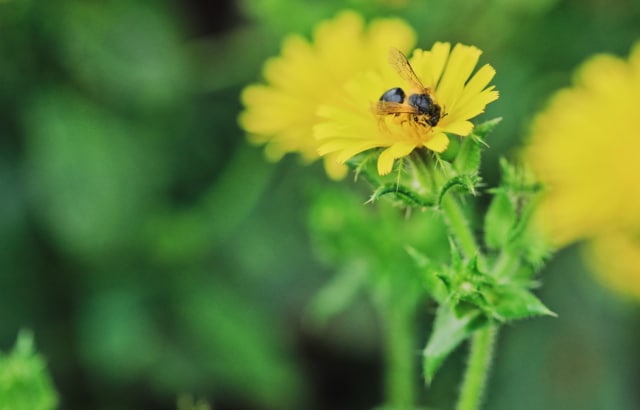
Biodiversity is a priority for Rémy Cointreau. It is a key indicator of soil fertility and resilience and thereby contributes to the uniqueness of our countryside and of our spirits. As well, it is a key factor in the continuation of our Maisons due to the ecosystem services they benefit from. Preserving biodiversity guides every action we take in the running of our businesses. The Group is regularly rolling out initiatives to restore and protect terroirs that are adapted to their specific needs. We are proud to have met, a year earlier than planned, our 2025 target for each Maison to be running at least one project in favor of biodiversity.
100%
of Maisons have onboarded a biodiversity initiative (target met a year early)
~3000
trees/shrubs planted in 2023-2024, mostly in France (Telmont) and Barbados (Mount Gay).


